Biotech Pioneer Bill Bowes Pledges $50M to Support Young Biomedical Investigators
With a $50 million pledge, Bill Bowes has invested in UCSF’s core strength and innovative engine: young investigators.

University of California San Francisco
Give to UCSFWith a $50 million pledge, Bill Bowes has invested in UCSF’s core strength and innovative engine: young investigators.

UC San Francisco and the Veterans Affairs Medical Center in San Francisco has found that change in telomere length over time is important.

Low-income children with Type 1 diabetes in Canada, who are treated by family physicians fared at least as well as low-income children in California, who are likely to be treated by highly specialized pediatric endocrinologists.

The percentage of medical students with disabilities has always been much lower than the general population, but there may be more disabled students than previously thought.

UC San Francisco researchers developed a new treatment strategy for asthma.
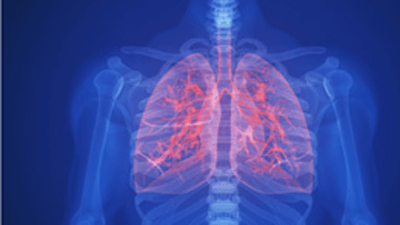
California adolescents perceive smoking cigarettes to be riskier – and less socially acceptable – than they did a dozen years ago.
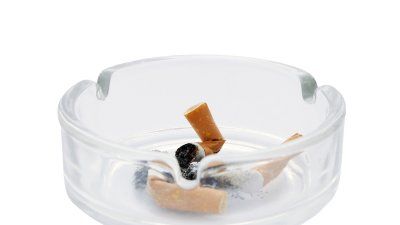
To help address the issue of under-enrollment in clinical trials, UCSF has launched a tool that could make it easier for researchers and willing study participants to find each other.

UCSF is addressing racial disparities in clinical research, helping to advance precision medicine by providing tailored medical treatment to vulnerable populations.
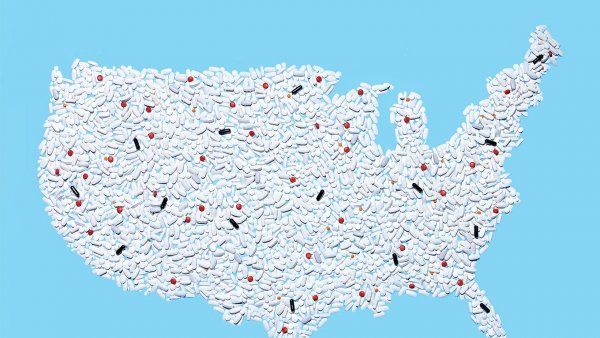
Underrepresented minority dentists represent a smaller percentage of the dental workforce and are unevenly distributed in relation to minority populations in the United States.

A shared biological mechanism may drive the progression of both Alzheimer’s disease and chronic traumatic encephalopathy, a neurodegenerative condition associated with repeated concussions and brain trauma.

UCSF-led research team identified the rare genetic mutation responsible for a unique case of severe combined immunodeficiency, a deadly immune system disorder also known as “boy in the bubble” disease.
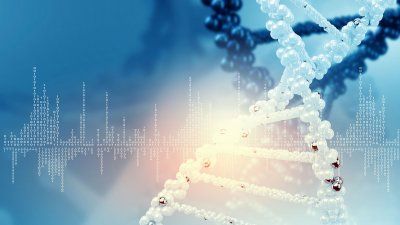
UCSF researchers identified fetal brain tissue cells that are targeted by the Zika virus and determined that azithromycin can prevent the virus from infecting these cells.
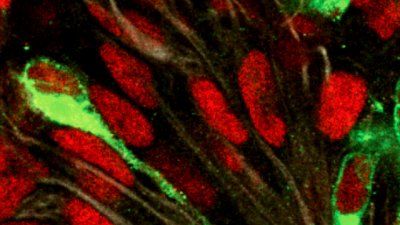
UCSF researchers have received $1.2 million for their work to make imaging machines smarter, so they can detect neurological emergencies and triage patients for immediate treatment.
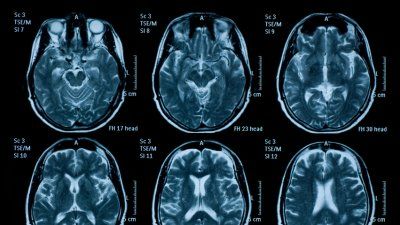
UCSF researchers found a way to pause the development of early mouse embryos for up to a month in the lab, a finding with implications for assisted reproduction, regenerative medicine, aging and cancer.

White blood cells called neutrophils race after bacteria at speeds up to a thousand times that of most human cells by moving in a special way. Lillian Fritz-Laylin and Megan Riel-Mehan want to know how that works.
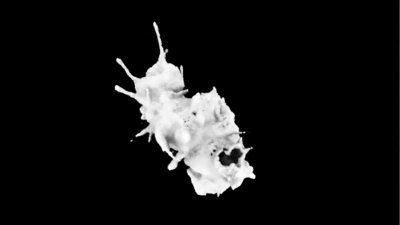
According to a new study led by UCSF scientists, lung cancer’s ability to spread may often be due to the inactivation of a single protective protein within tumor cells.
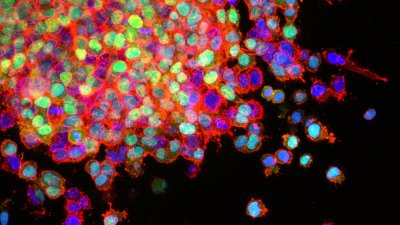
Strict blood pressure control is associated with a reduced chance of long-term kidney damage in patients with type 1 diabetes, according to a new long-term study led by UC San Francisco researchers.


UCSF’s Center for Digital Health Innovation and GE Healthcare today announced a partnership to develop a library of deep learning algorithms.

The U.S. Food and Drug Administration has awarded the UCSF-Stanford Center of Excellence in Regulatory Science and Innovation (UCSF-Stanford CERSI) a five-year grant with up to $25 million in funding.

Next-generation sequencing for patients at UCSF Medical Center is prompting changes in brain tumor diagnoses for some children and a retooling of treatment plans in many cases.

Smartphone use directly correlates with sleep, with greater use demonstrating a significant association with shorter sleep duration and worse sleep efficiency, according to researchers at UCSF.

UCSF researchers are learning more about what guides the formation of crystals that malaria parasites leave behind so they can work toward new treatments.

People who sleep five or fewer hours a night are likely to also drink significantly more sugary caffeinated drinks.

Researchers at UCSF are pioneering a new technique, known as quantitative magnetic resonance imaging, or qMRI, that can reveal the earliest signs of cartilage damage, a precursor to osteoarthritis.
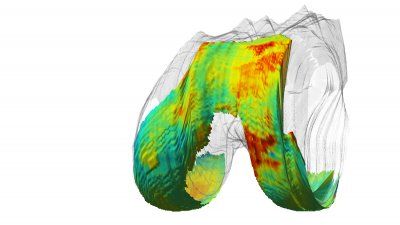
Low income and Latina pregnant women who seek care at ZSFG have widespread exposure to environmental pollutants, many of which show up in higher levels in newborns.

Graduate student Lauren Rodda captured a microscopic mage of a mouse gut, which highlights her work to understand the germinal center, where immune cells compete to be the best at recognizing an invading pathogen.
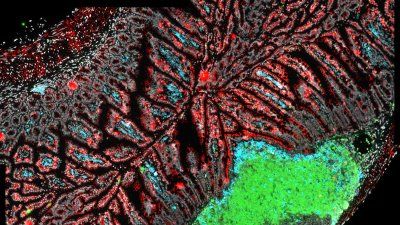
The tax on sugar-sweetened beverages in Mexico could prevent hundreds of thousands of adults from developing Type 2 diabetes and cardiovascular disease while saving approximately $1 billion in health care costs.

UCSF's schools of Dentistry and Medicine have helped to craft a unified and definitive set of classification criteria for Sjögren's syndrome.
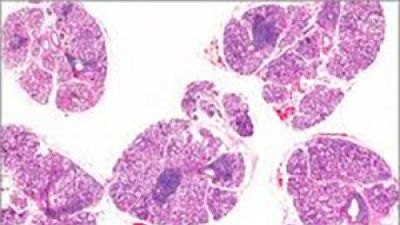
Certain foods — particularly processed foods that are high in sugar, salt and fat — don’t just taste good, they also can be addictive, said scientists at a UCSF symposium on food and addiction.
